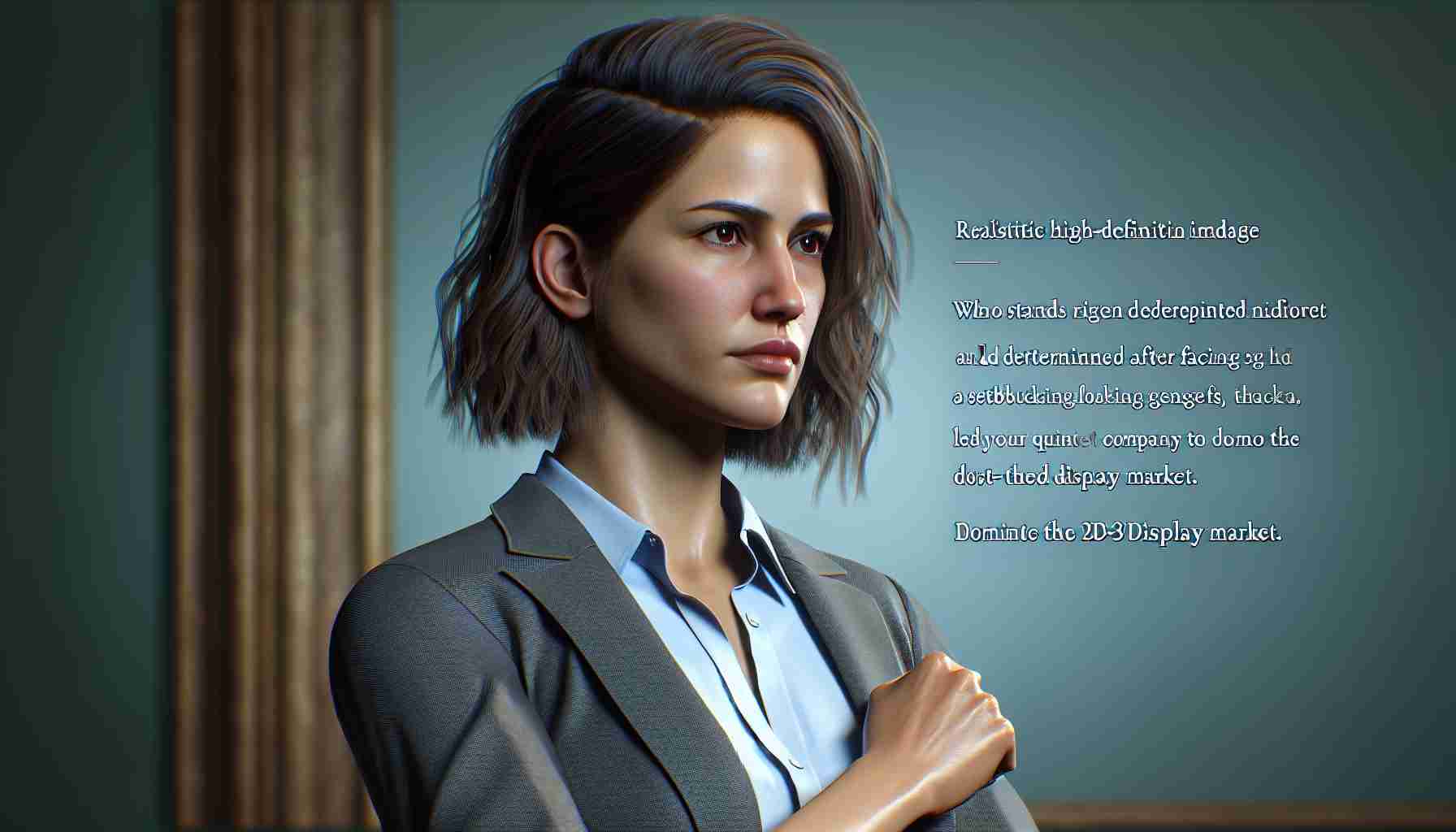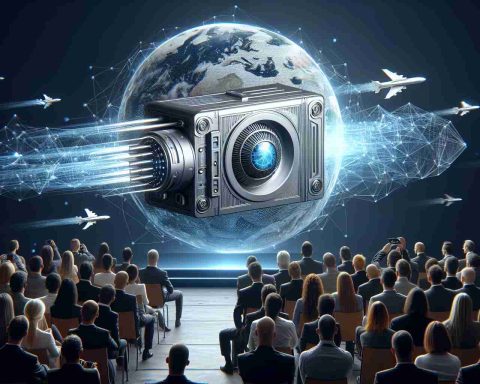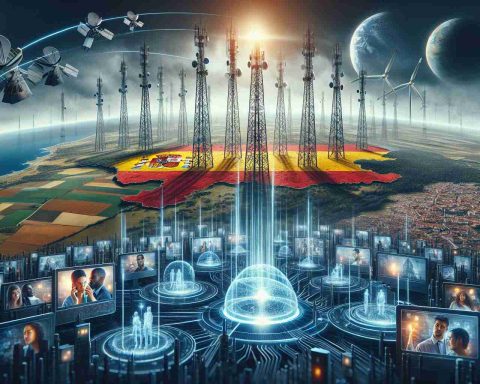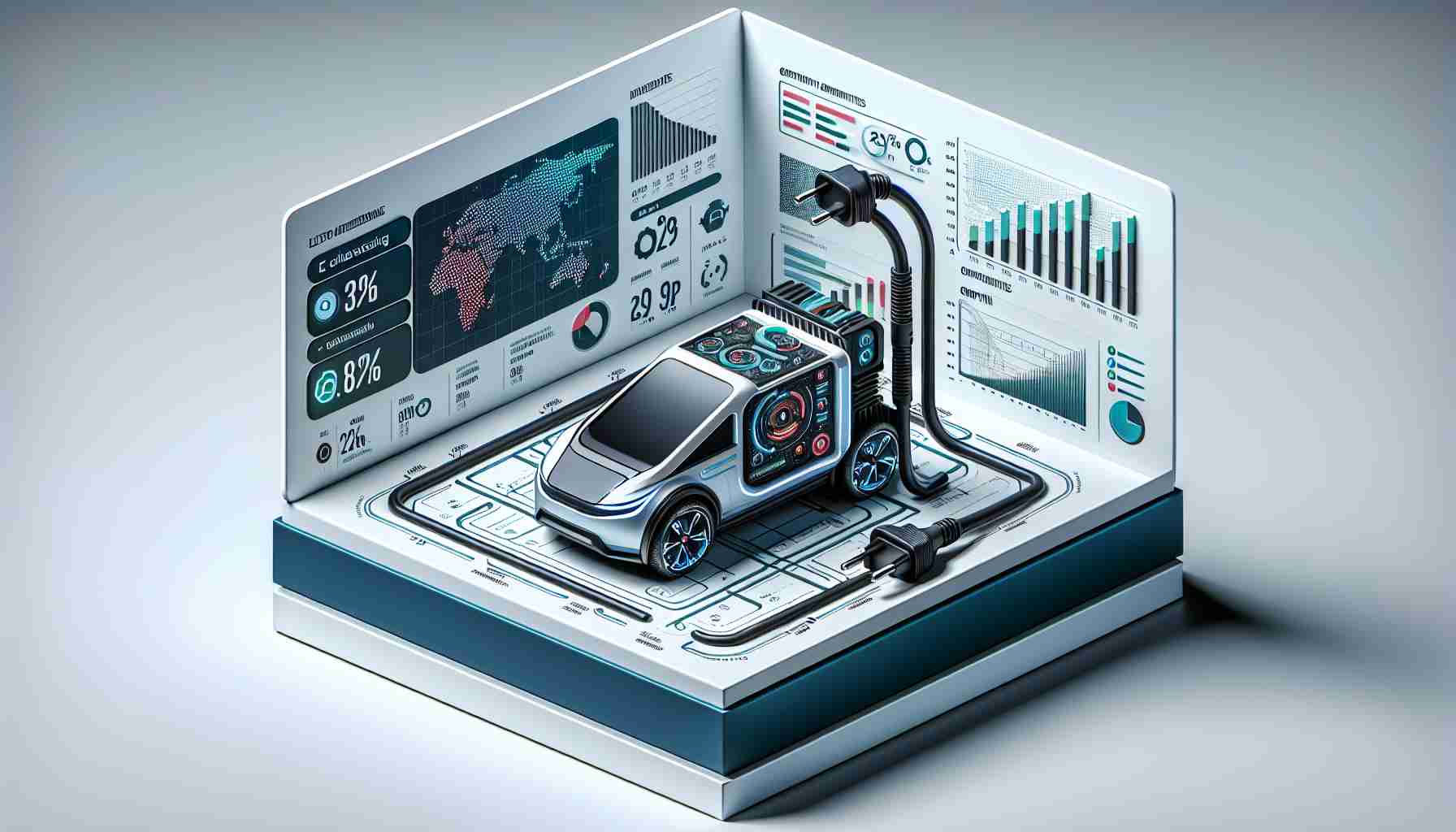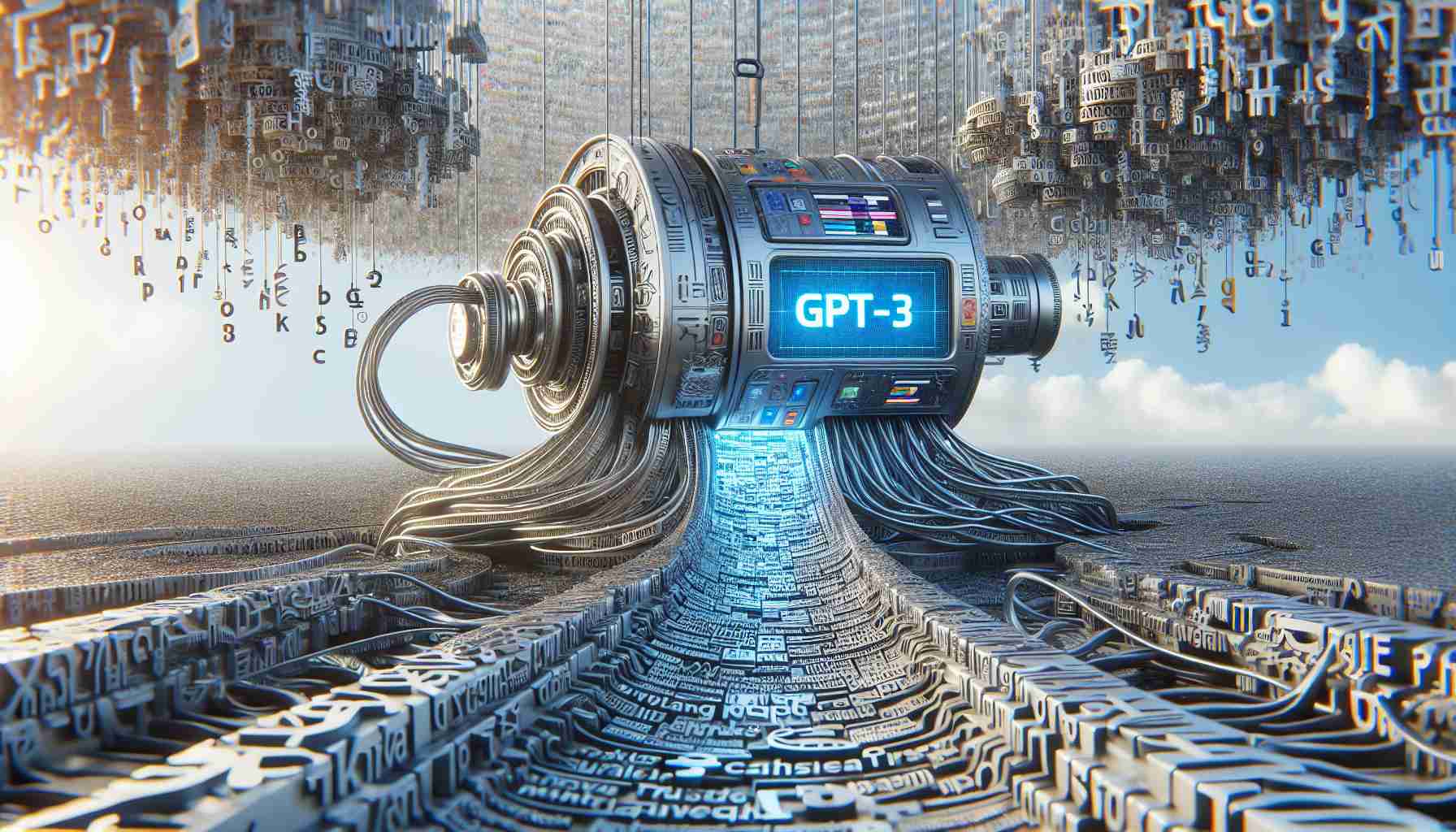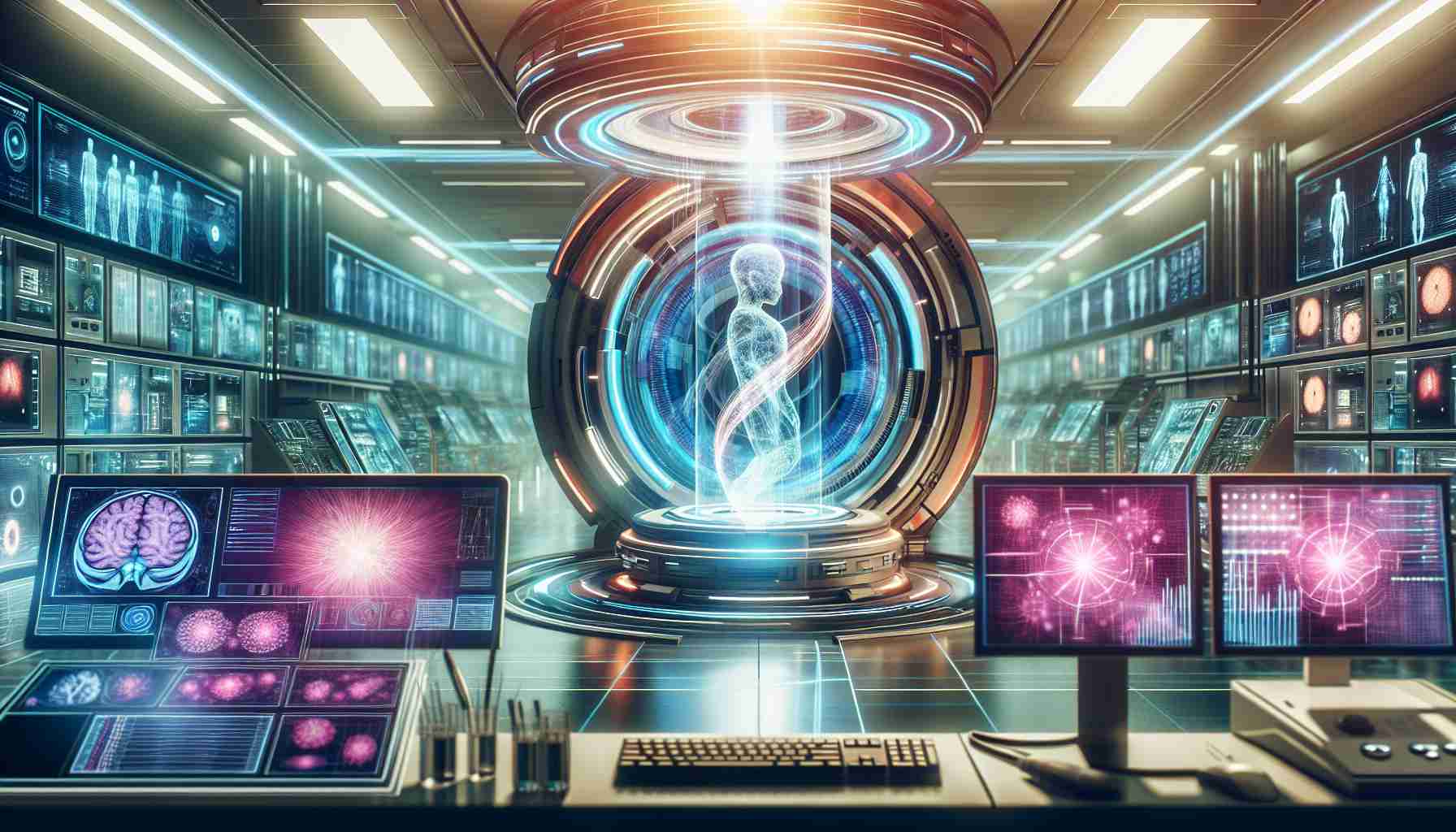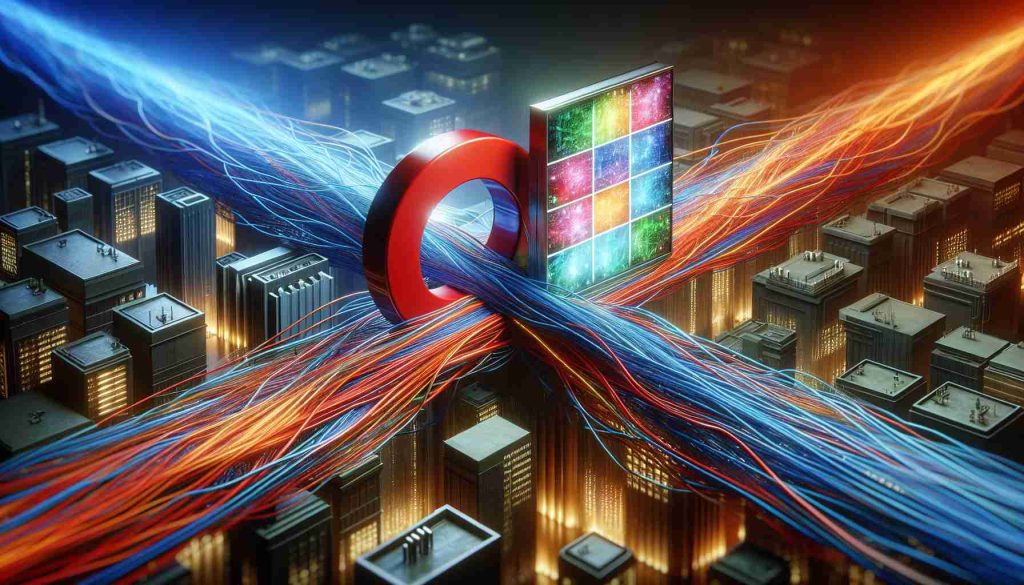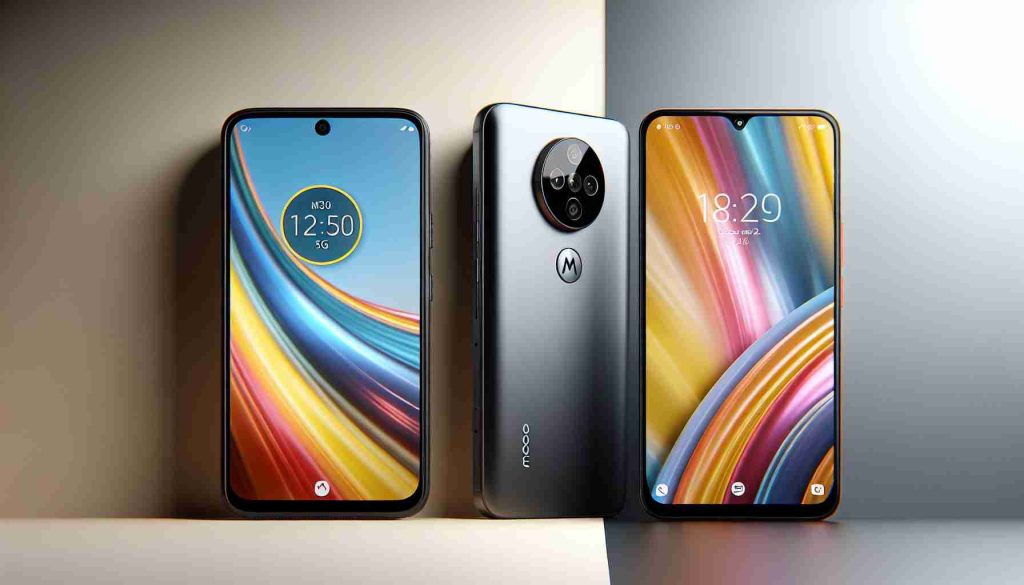Leia is a 200-person startup founded by David Fattal, whose name is a nod to the Star Wars character Princess Leia. The company has had its moments of fame, but also setbacks, with its most well-known project, the Red Hydrogen phone, ultimately failing. Unexpectedly, Leia may now be the dominant player in the glasses-free 2D-3D display market.
At CES 2024 in Las Vegas, I entered Leia’s private suite with low expectations. However, to my surprise, I saw products and prototypes from Acer, Asus, Dell, Lenovo, and MSI displayed on five tables, including a new phone with a 3D OLED screen. All these devices utilized Leia’s glasses-free 3D technology. It turns out that companies like Acer, Asus, and Lenovo are incorporating Leia’s technology into their solutions.
Not only that, Leia has acquired the competing company Dimenco, which previously collaborated with these computer manufacturers. Leia now holds the patent for all 2D-3D display solutions. This means that no other device of this kind will be able to match Leia’s technology.
During the meeting, Leia representatives were tight-lipped about the details of their partnerships with Dell and Lenovo, but it was evident that both companies were working on prototypes using Leia’s technology. The company itself has advanced prototypes of monitors and laptops that make a strong impression on users. The naturalness of the images and the absence of the need for 3D glasses are especially appreciated.
Leia also offers recording and playback technology for 3D content. Whether it’s a movie or a computer game, the 3D effects are stunning. The images seem to come to life, providing unforgettable visual experiences.
Leia’s history is full of twists and turns. Founded as a spin-off of HP Labs, the company initially focused on researching optical data transfer in computer systems. However, a chance discovery resulting from a lab fire shifted their focus to creating glasses-free 3D displays. Currently, Leia’s technology is rapidly advancing and gaining popularity in the market.
Companies like Acer, Asus, Dell, and Lenovo recognize the enormous potential of Leia’s technology and have exclusive agreements with them. There is no doubt that Leia is quietly but effectively dominating the 2D-3D display market, and surely they will have much more to offer in the future.
FAQ Section:
1. Who is Leia?
Leia is a 200-person startup founded by David Fattal, and they are the dominant player in the glasses-free 2D-3D display market.
2. How does Leia’s technology differ from other 3D technologies?
Leia’s technology offers glasses-free 2D-3D displays. It provides natural images and stunning visual experiences.
3. Which companies are using Leia’s technology?
Companies like Acer, Asus, Dell, and Lenovo are incorporating Leia’s technology into their products, including monitors, laptops, and phones.
4. Does Leia hold a patent for 2D-3D display solutions?
Yes, Leia holds a patent for all 2D-3D display solutions, which means no other device of this kind will be able to match Leia’s technology.
5. Does Leia also offer recording and playback technology for 3D content?
Yes, Leia also has recording and playback technology for 3D content, providing stunning 3D effects in both movies and computer games.
Definitions:
– Leia: A 200-person startup founded by David Fattal, dominant player in the glasses-free 2D-3D display market.
– 2D-3D Displays: Displays that can show both 2D and 3D images without the need for glasses.
– Patent: Official recognition that a particular solution is an invention of a company and is legally protected, granting exclusive rights to use that invention.
Suggested Related Links:
– leia3d.com
– acer.com
– asus.com
– dell.com
– lenovo.com

